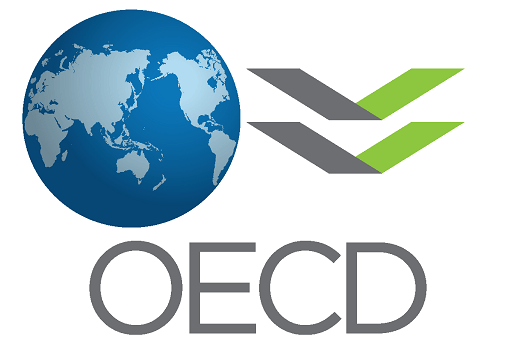Health systems in the OECD are under renewed financial pressure, owing to competing priorities for public funding, according to a new OECD report. The 2023 edition of OECD Health at a Glance estimates that healthcare spending in OECD countries corresponded to 9.2% of GDP in 2022, down from 9.7% in 2021. While this exceeds the 2019 levels, in 11 OECD countries, health spending as a share of GDP in 2022 was lower than in 2019.
Average per capita health spending in OECD countries reached nearly USD 5,000 in 2022. The United States was the top healthcare spender among the OECD countries with USD 12,555 per capita spending, followed by Switzerland with USD 8,049 and Germany with USD 8,011 (when adjusting for differences in purchasing power). Per capita health spending is estimated to have been lowest in Mexico, Colombia and Costa Rica, with USD 1,181, USD 1,640 and USD 1,658 spending respectively.
“Amid the increasing demand for services as a result of the combined effect of population ageing and unhealthy lifestyles, health systems need to facilitate better and timelier access to affordable health care, while addressing the lingering after-effects of COVID-19 on mental and physical health,” OECD Secretary-General Mathias Cormann said. “Accelerating the digital transformation of our health care systems and the adoption of digital health technologies can further transform health systems, improving their effectiveness. Timely and affordable access to high quality health care is an economic as well as a social imperative, as it enables people to participate fully in our societies, boosting labour force participation and worker productivity.”
This edition of Health at a Glance 2023 includes a special focus on digital health and its potential to transform health systems. The COVID-19 pandemic response accelerated the digital transformation in OECD countries. However, much still needs to be done. In line with the OECD Recommendation on Data Governance, Health at a Glance 2023 provides a policy checklist for stronger digital health systems.
Core population health indicators show that societies have not yet fully recovered from the pandemic, as many people still struggle mentally and physically. Life expectancy fell by 0.7 years on average across OECD countries between 2019 and 2021. While provisional data for 2022 point to a recovery in some countries, life expectancy remains below pre-pandemic levels in 28 countries.
The health and social care workforce continues to grow, but concerns about shortages are becoming more acute. Population ageing is increasing the demand for healthcare and long-term care workers. At the same time, worsening working conditions have weakened the attractiveness of healthcare professions. Across the OECD countries, 57% of hospital physicians and nurses perceive staffing levels and work pace to be unsafe. High inflation has eroded wages recently, including in the health sector. Looking at longer-term trends, while real wages in the health sector have increased in most OECD countries, Finland, Italy, Portugal, Spain and United Kingdom have experienced stagnant or declining real wages over the past decade.
The presentation of the report is webcast live via this link.
For further information, journalists are invited to contact Stefano Scarpetta, Director of the Directorate of Employment, Labour and Social Affairs (tel: + 33 1 45 24 19 88), or Francesca Colombo (tel: +33 1 45 24 93 60), Head of the OECD Health Division, or the OECD Media Division (tel. + 33 1 45 24 97 00).
Published in GI-Mail 01/2024 (English edition).
- Do you already know our monthly newsletter GI-Mail with useful tips on postgraduate courses?
Sign up here. - Are you looking for vacancies or new career challenges? Here you will find the latest vacancies and job offers.
- Do you already know our monthly job-information GI-Jobs with current job offers for doctors, managers and nurses? Sign up here.
- Are you interested in up to date postgraduate courses and CME? In our education database »medicine & health« you will find new education events from over 2300 organizers.

